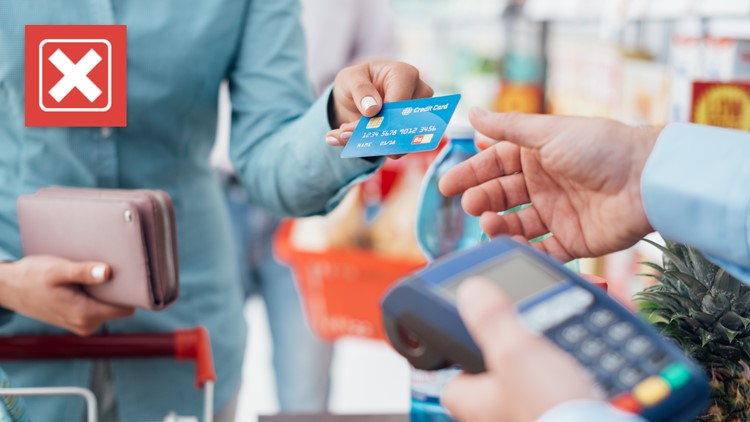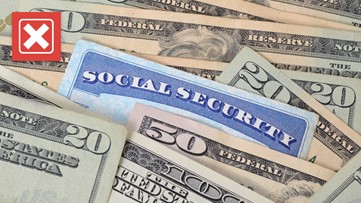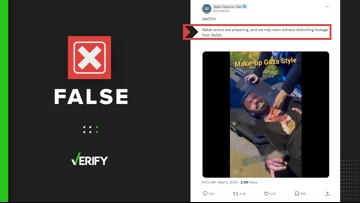PORTLAND, Ore. — It's a scenario you've almost certainly encountered: you get to the front of the grocery store checkout line or the cash register at the fast food restaurant counter and your total pops up, followed by a question from the terminal or the staffer operating it: Would you like to round up your total — or add a couple dollars — to donate to charity?
The specific charity varies between retailers, but the overall practice is fairly consistent, and it's become more common in recent years, according to The Wall Street Journal.
One VERIFY reader recently reached out to KGW with a question about what actually happens to those donations, and whether the businesses that collect them are able to benefit from them. Specifically: Do retailers use customer donations to charities as tax write-offs?
THE QUESTION
Can retailers use customer donations to charities, such as the round-up option at the checkout line, as tax write-offs?
THE SOURCES
- Associated Press
- Tax Policy Center, Urban Institute & Brookings Institution
- PATRIOT Software
- Panda Cares
THE ANSWER
No, grocery stores and other retailers cannot write off customer charity donations.
WHAT WE FOUND
This idea has come up a few times in recent years due to incorrect posts that have circulated on multiple social media sites, drawing a pretty thorough round of fact-checking or explainer articles by outlets like the Associated Press, USA Today and Marketplace.
Many of the fact-checking pieces cite the Tax Policy Center at the Urban Institute and Brookings Institution, which laid the rules out in an article of its own in 2020. According to the Center, stores or restaurants that solicit checkout donations have to partner with a specific nonprofit to do it, and the customer donations go straight to the partner organization. The money does not count as part of the retailer's income, and therefore cannot be deducted from their taxes.
Retailers can separately choose to donate portions of their own profits to charity, and those donations are at least partially tax-deductible. But those donations cannot include the money kicked in directly by customers at the cash register. The makers of the business accounting platform PATRIOT Software spell out this distinction in an article on their website.
The customers could deduct the contributions from their own taxes, but most people don't do so because they opt to take the standard deduction instead, according to the Tax Policy Center and Marketplace.
Some retailers mention the issue in FAQs about their point-of-service donation programs. Panda Express, for example, states on the website for its Panda Cares program that the company does not receive tax benefits from in-store donations. Walmart also ran a recent campaign for its online sales platform called Spark Good Round Up, and information about the program on the company's website notes that donations are 100% deductible by consumers.
It's worth reiterating that we're talking about donations made directly by customers, rather than "donation-with-purchase" fundraisers where a company pledges to donate profits from a particular timeframe or the sale of a particular item. A 2014 Consumer Reports story examined the latter practice and noted that unlike with point-of-sale donations, the companies are the ones who get to claim the tax deductions under the donation-with-purchase model.
It's also worth noting that while there are fairly strict rules for businesses that solicit donations at the cash register, those rules don't apply to someone setting up shop outside. The Washington Secretary of State's Office notes that when organizations operate donation booths at store entrances, it can sometimes be hard to know exactly where the money is going. The office urged consumers to use the state's online charity registration look-up tool to verify the status of such organizations. The Oregon Department of Justice offers similar tools for avoiding charity scams.
Do you have a question or a story about Portland that you'd like us to VERIFY? Have you run into a social media post about Oregon that you'd like to see fact-checked? Drop us a line at verify@kgw.com.











